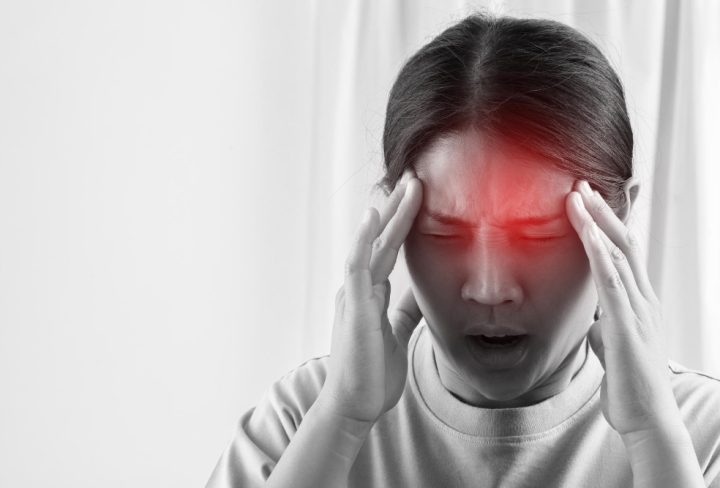Introduction
Cluster headaches are a rare but severe type of headache. They cause intense pain, usually around one eye. Unlike other headaches, cluster headaches often come in groups or cycles. Because of this, they can disrupt daily life and sleep. According to the World Health Organization (WHO), cluster headaches affect about one in 1,000 people. Early diagnosis and treatment can help reduce their impact.
Symptoms of Cluster Headaches
Cluster headache symptoms are unique and often easy to spot. For example, the pain usually starts suddenly and is very strong. It often affects one side of the head, especially around the eye. In addition, attacks can last from 15 minutes to three hours. They may happen several times a day, often at the same time each day. Common symptoms include:
Sometimes, people also feel sensitive to light or sound. However, these symptoms are less common than with migraines.
Causes and Risk Factors
Doctors do not know the exact cause of cluster headaches. However, research suggests that changes in the brain’s hypothalamus may play a role. The hypothalamus controls sleep and body rhythms. Because cluster headaches often follow a pattern, this link makes sense. Several risk factors can increase your chances of getting cluster headaches:
Although triggers like alcohol or strong smells can set off an attack, they do not cause the condition itself.
Diagnosis Methods
Doctors diagnose cluster headaches based on your symptoms and medical history. First, your doctor will ask about your pain, how often it happens, and any other symptoms. Next, they may do a physical and neurological exam. Sometimes, tests like MRI or CT scans help rule out other causes, such as brain tumors or infections. However, there is no single test for cluster headaches. A careful review of your symptoms is the key to diagnosis.
Treatment Options for Cluster Headaches
Cluster headache treatment aims to stop attacks quickly and prevent future ones. There are two main types of treatment: acute and preventive.
Acute Treatments
Preventive Treatments
In addition, lifestyle changes can support medical treatment. For example, avoiding alcohol during a cluster period can reduce attacks. Always follow your doctor’s advice for the best results.
Prevention Tips
While you cannot always prevent cluster headaches, some steps may help reduce their frequency. Try these tips:
Because triggers can vary, keeping a headache diary may help you spot patterns.
Living with Cluster Headaches
Living with cluster headaches can be challenging. However, there are ways to cope. For instance, talk to your doctor about all treatment options. In addition, join a support group to connect with others who understand your pain. You may also want to educate family and friends about your condition. This way, they can offer support during attacks. Remember, regular follow-ups with your neurologist can help adjust your treatment plan as needed.
Consult a neurologist for personalized advice on managing cluster headaches.

